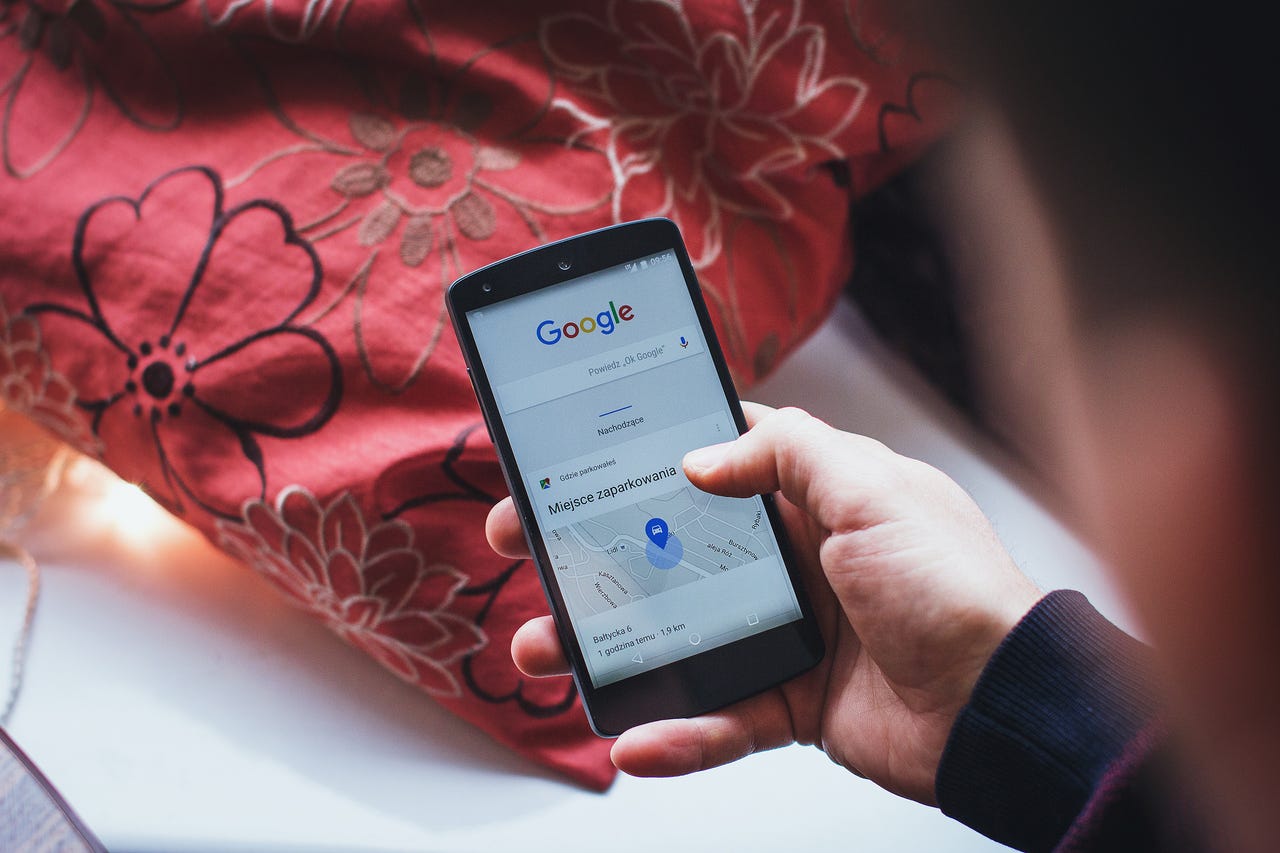Google 'shot itself in the foot' over EU antitrust ruling


Last week, the European Union found against Google in an antitrust investigation which claimed the company was abusing its dominant market position to further its own ends.
After a seven-year-long investigation, the EU concluded that Google has abused its power in the search market through promoted shopping comparison results and tweaked search rankings in order to give an unfair advantage to Google Shopping, once known as the rather unsuccessful Froogle.
A record-breaking fine of €2.42 billion ($2.72bn) was issued by European watchdogs.
Dr. Des Laffey, a Senior Lecturer in E-Commerce in the Kent Business School at the University of Kent, told ZDNet in an interview that the ruling was less about advertising and the prominence of search results which can place rivals at a disadvantage, and more about the spread of Google's dominance to other products and services.
"Google dominates the market and Sponsored Search is a complementary service, [but] what the EU seems particularly bothered about is Shopping, Maps, and all the bundled services that go along with search," Laffey says. "As a company, Google stumbled upon search advertising, it is still the company's core revenue strength but they are trying everything else."
The EU believes that as a dominant player in the search industry, with Google claiming 75 percent of the market in the US and 95 percent across Europe, Google was able to "systematically give prominent placement" to the shopping comparison bolt-on service, Google Shopping, while pushing rival companies far down the search ladder.
In some cases, EU regulators say that despite excellent page rankings, competing shopping services could end up as far back as page four on search results -- an area few shoppers trawl through.
By stifling competition in this manner, Google has been accused of giving itself an "illegal advantage" -- something not only banned under EU antitrust rules but also what regulators say "deny European consumers a genuine choice of services and the full benefits of innovation."
To a point, Laffey agrees.
"As Google dominates search, it gives it the platform to dominate other markets. The question is, "Where is the innovation?"," the e-commerce expert commented.
Google tried to protest the ruling by arguing that consumers do not want to visit additional search services for products after they hit the search engine, however, with Google "investing in every single market going," according to Laffey, there is the risk that allowing the tech giant to continue on this path will scupper innovation not only in the EU but worldwide.
Commissioner Margrethe Vestager said regulators will also look at the "characteristics, detail and difference," of other Google products following the ruling.
Should Google continue to invest in other markets, the same allegedly anti-competitive behavior could spread and stifle innovation in far more than search and e-commerce -- and that concept is what truly worries EU watchdogs.
Google does, however, face heavy competition from other online giants, including Amazon and Facebook, when it comes to product searches and advertising. Laffey believes that with regulators now homing in on potentially anti-competitive behavior, these companies do have a valid argument "to a degree," but at the same time, they have hurt themselves by not acting sooner and opening lines of communication.
"I do think these companies have become too powerful; they haven't been very responsive and they have shot themselves in the foot with their response to who is advertising on their sites," said Laffey.
In addition, the companies have been "a bit arrogant" in how they have previously approached allegations of anti-competitive behavior in searches and advertising and how they work with marketers.
A Google spokesperson told ZDNet that the company was considering an appeal, and Google "respectfully disagrees" with the ruling, which "lacks evidence."
Google has been given 90 days to level the playing field or parent firm Alphabet will face additional financial penalties of five percent of daily turnover, or $14 million per day.
"The fine is neither here not there," the e-commerce expert said. "[But] because they're a listed company with shareholders and the share price is a reflection of future income, that's the big danger with this [...] those future incomes will be lower through this."
The e-commerce expert believes this is a pinnacle moment for Google, which may be facing further investigations, but other companies such as Amazon may also come under scrutiny in the near future.
"Google is in search of a future," Laffey said. "They [all large technology companies] are looking for where to be in a winner-takes-all market."